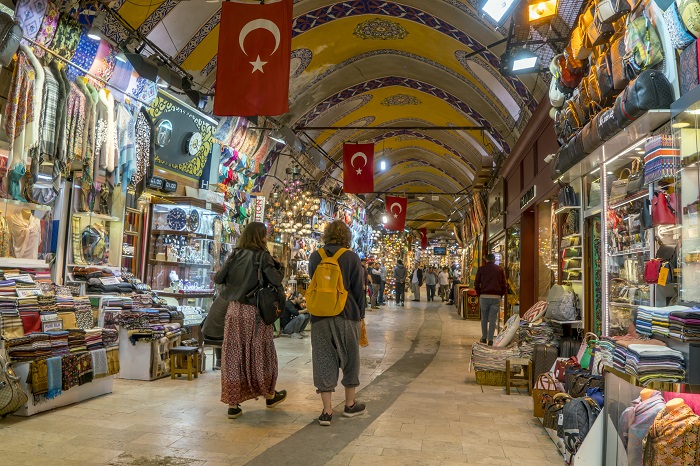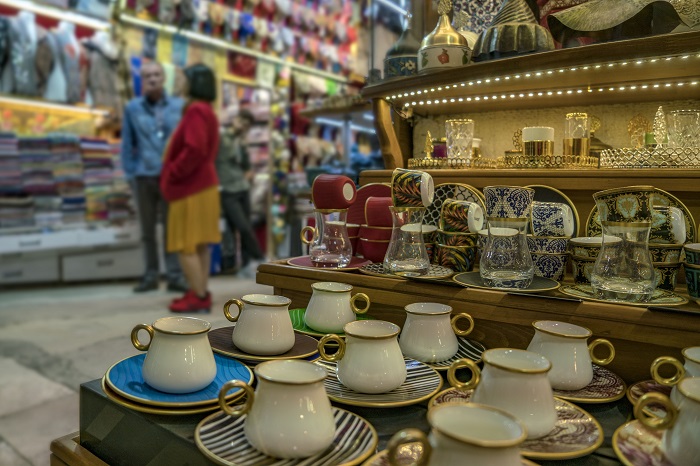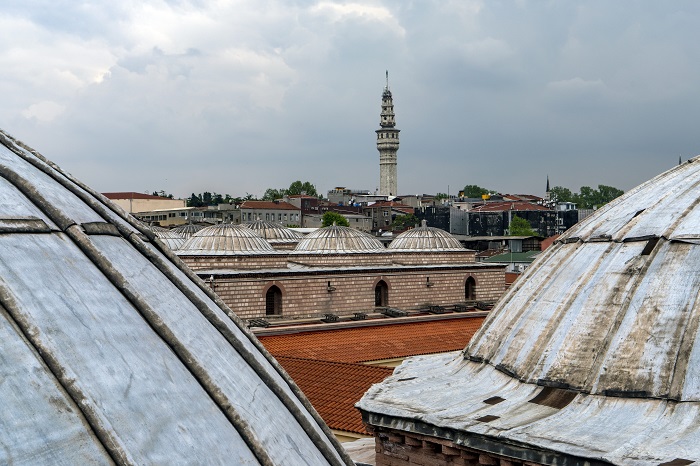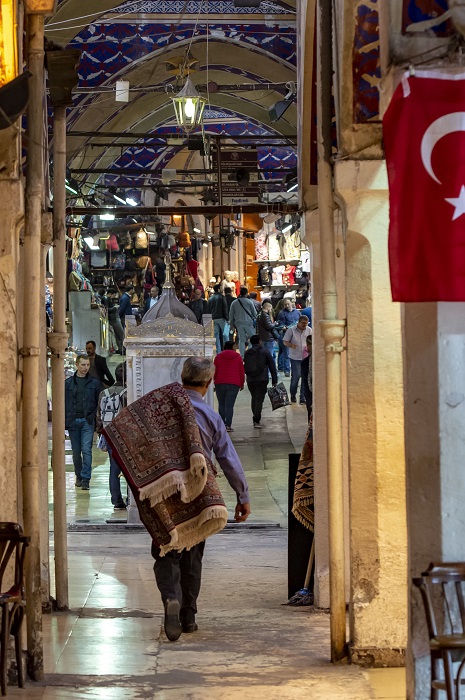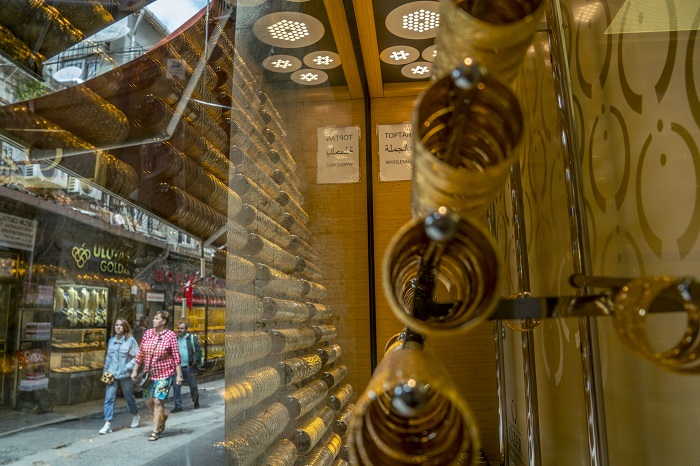Ranking among İstanbul’s most important cultural heritages, the Grand Bazaar has a history spanning more than five centuries. It is one of the world’s oldest and largest bazaars, housing inns, cafes, and shops, and it is a must-see for visitors to the city. The Grand Bazaar welcomes thousands of visitors six days a week who come to do business, see the workshops of artisans, or shop for handmade, authentic, and luxurious products ranging from jewellery to traditional tiles and silk fabrics to carpets.
“The Living Human Treasures of Grand Bazaar”
The Grand Bazaar was erected in 1461 to generate income for the Hagia Sophia. Set on the Historical Peninsula and straddling the Nuruosmaniye, Mercan, and Beyazıt districts, the structure underpinned a dynamic commercial centre. Merchants plying the trade routes would meet at the Grand Bazaar to exchange gems, jewellery, silks, and countless other products worldwide. The Grand Bazaar complex includes 22 gates covered with flat and domed rooftops. The streets, which are more than 60 within the bazaar, are named for the crafts originally practised on them – goldsmiths, fez makers and carpet weavers, to name just a few.
Built on an area of 45,000 m² and its 563-year history, this massive complex is a living museum and one of İstanbul’s most vibrant and colourful locales. Housing 3,600 shops, the bazaar is open from 08.30 to 19.30 in the summer and 08.30 to 19.00 in the winter. Various crafts and products are displayed, including textiles, leather items, and carpets. Still, the bazaar is also notable for its role as an incubator for artisans and the centuries-old master-apprentice tradition – particularly in jewellery and other Turkish handicrafts such as ornamentation and calligraphy. Artisans would enter the Grand Bazaar as apprentices, become journeymen over the years, and eventually continue in their chosen craft as masters, raising dozens of their apprentices. These artisans are considered the “Living Human Treasures of the Grand Bazaar”.
A Natural Film Location
In addition to its resident artisans and the crafts sold inside its gates, the Grand Bazaar is distinguished by its labyrinthine structure, almost a world within a world. It is easy to get lost in the vastness of the bazaar and its many corridors and passageways, but it is just as simple to stop in a shop, where visitors are routinely offered cups of tea or Turkish coffee. Another aspect of the Grand Bazaar is its bargaining culture – an unwritten rule is that the first price is always countered!
As a structure symbolic of İstanbul, the Grand Bazaar is prominently featured in numerous films and television series. In the 1963 film From Russia with Love, Sean Connery roams the bazaar as the dashing British agent, James Bond, while in Skyfall, released in 2012, Daniel Craig, as Bond, traverses the roof of the bazaar on a motorcycle. In the espionage film Argo, Ben Affleck visits the Grand Bazaar, as does Russell Crowe in the 2014 movie Last Hope. The bazaar’s most recent appearance is in the 2024 series The Veil, a detective thriller starring Emmy award-winning actress Elisabeth Moss.
Gastronomical Discoveries
This illustrious marketplace is also known for its historical restaurants, most of which are set inside the inns of the Grand Bazaar. You can dine on traditional İstanbul dishes in these establishments or visit the cafes, patisseries, and coffee shops interspersed among the shops of the Grand Bazaar. ///nCa, 17 July 2024 (in cooperation with the Embassy of Turkiye to Turkmenistan)
